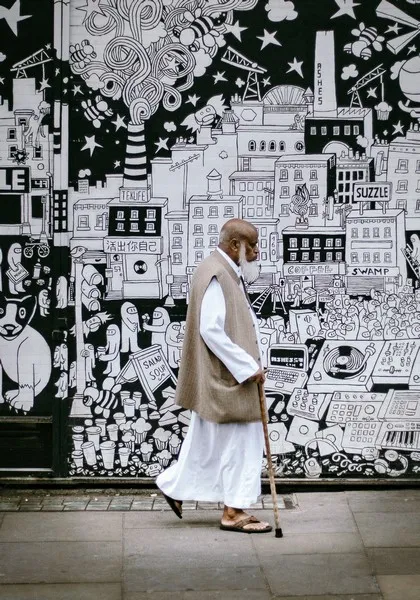In sociology, cultural marginalisation refers to the social process through which certain groups or individuals are pushed to the edges of society, preventing them from fully participating in the cultural, economic, and political aspects of their community. This exclusion can be based on various factors, including race, ethnicity, gender, religion, or socioeconomic status.
Explanation of Cultural Marginalisation
Cultural marginalisation occurs when individuals or groups are denied access to resources, opportunities, and social networks that are essential for full participation in society. This exclusion can manifest in different ways, such as limited access to education, employment discrimination, lack of representation in decision-making processes, or being subjected to stereotypes and prejudice.
One key aspect of cultural marginalisation is the notion of power dynamics. Dominant cultural groups, which hold more social, economic, and political power, often marginalise minority or disadvantaged groups. This power imbalance reinforces existing social hierarchies and perpetuates inequality.
For example, racial and ethnic minorities may face cultural marginalisation through systemic racism, which limits their access to quality education, employment opportunities, and equal treatment under the law. Similarly, individuals from low-income backgrounds may experience marginalisation due to limited access to healthcare, housing, and other essential services.
Examples of Cultural Marginalisation
1. Gender Inequality: Women have historically been culturally marginalised in many societies, facing discrimination in various areas such as employment, education, and political representation. This marginalisation has led to movements advocating for gender equality and challenging societal norms and expectations.
2. LGBTQ+ Rights: Individuals who identify as lesbian, gay, bisexual, transgender, or queer (LGBTQ+) have faced cultural marginalisation due to societal stigmatization and discrimination. LGBTQ+ individuals have fought for equal rights, including marriage equality and protection from discrimination.
3. Indigenous Communities: Indigenous communities around the world have often been culturally marginalised, facing land dispossession, loss of cultural identity, and limited access to resources. Efforts to address these issues include land rights movements and cultural revitalization initiatives.
4. Disability Rights: People with disabilities have historically faced cultural marginalisation, with limited access to education, employment, and public spaces. Disability rights movements have advocated for inclusive policies and accessibility measures to ensure equal opportunities for all.
Impact of Cultural Marginalisation
The consequences of cultural marginalisation are far-reaching and can have significant impacts on individuals and communities. Some of the effects include:
1. Social Exclusion: Cultural marginalisation can lead to social isolation and exclusion, making it difficult for individuals to form meaningful relationships and participate fully in community life.
2. Economic Disadvantage: Marginalised groups often face economic disparities, including lower wages, limited job opportunities, and higher poverty rates. This perpetuates cycles of inequality and hinder social mobility.
3. Mental Health Issues: Cultural marginalisation can contribute to increased rates of mental health issues such as depression, anxiety, and low self-esteem. The constant experience of discrimination and exclusion takes a toll on individuals’ well-being.
4. Political Disempowerment: Marginalised groups may have limited representation and influence in political decision-making processes, leading to a lack of policies and initiatives that address their specific needs and concerns.
In conclusion, cultural marginalisation is a social process that results in the exclusion and disadvantage of certain groups or individuals. Understanding and addressing cultural marginalisation is crucial for creating a more inclusive and equitable society, where all individuals have equal opportunities and rights.





